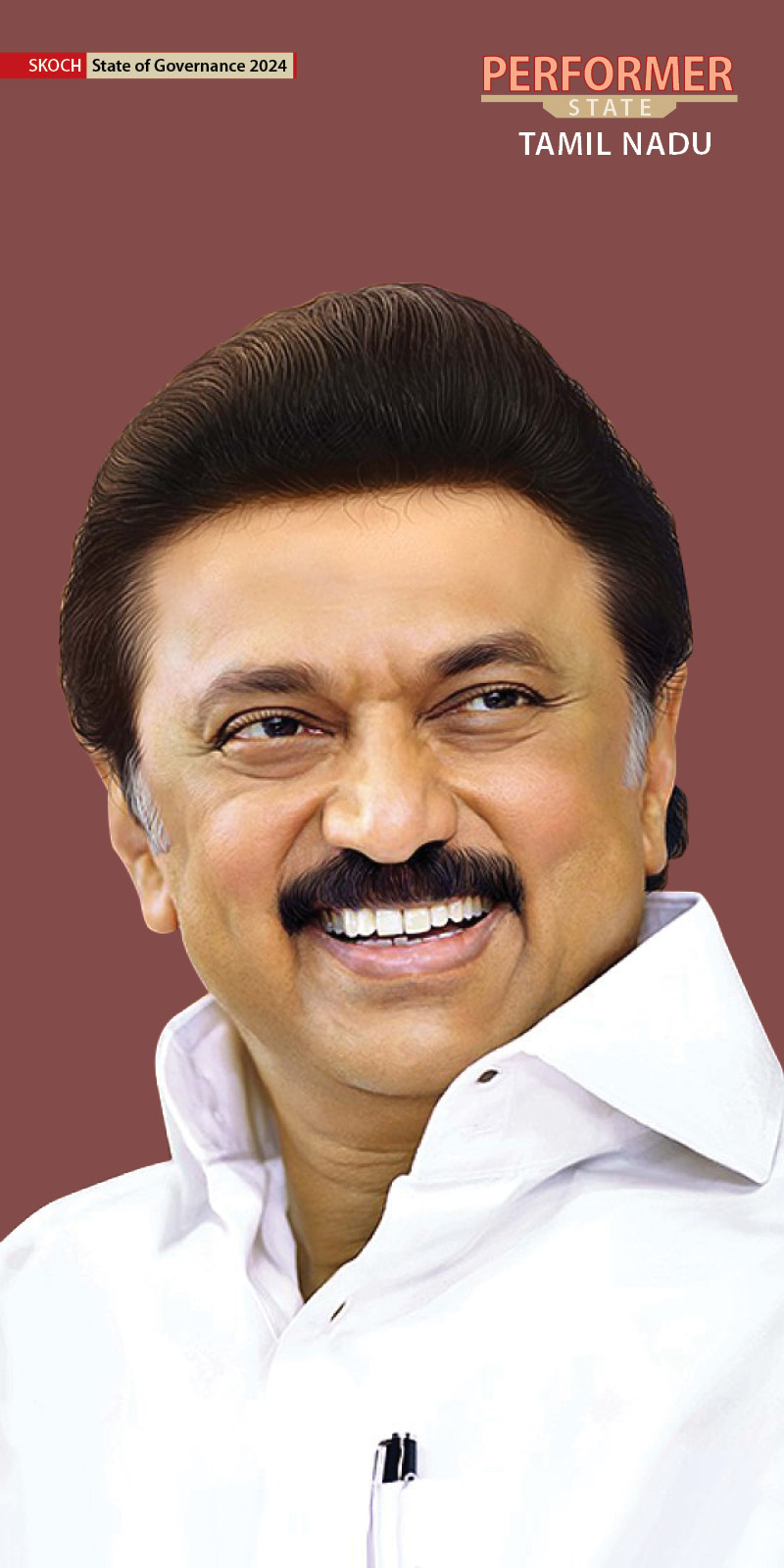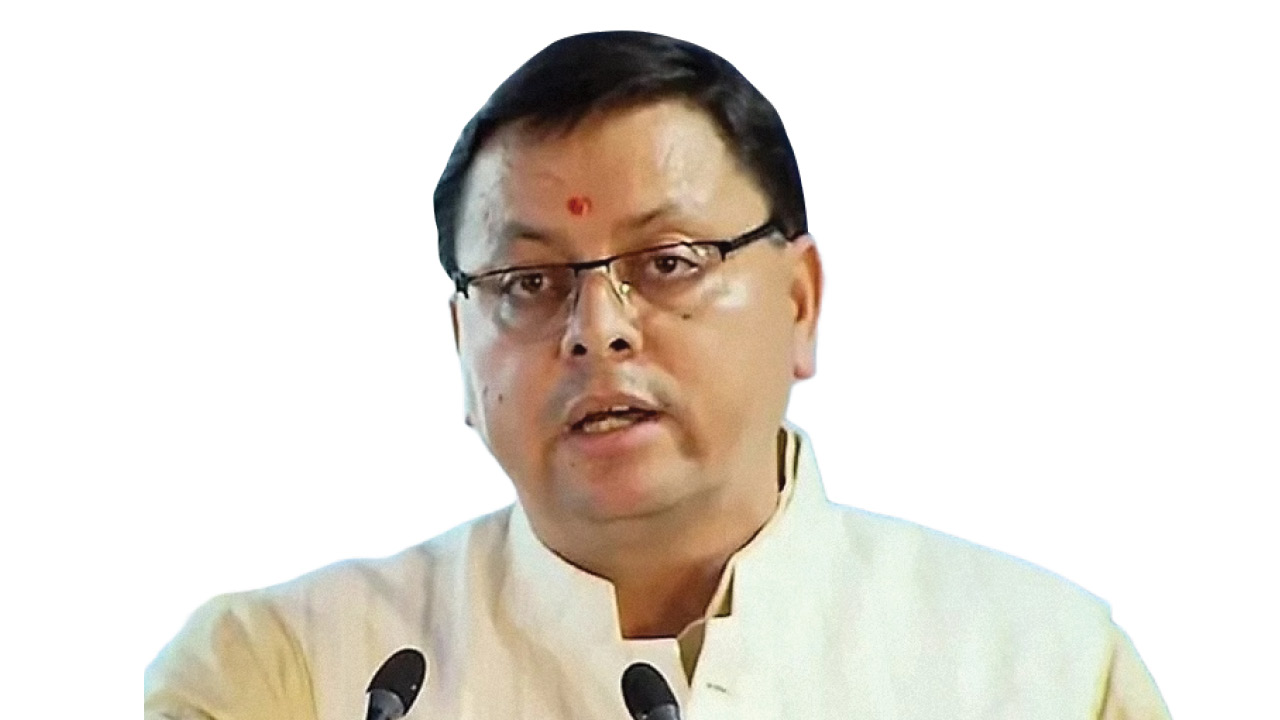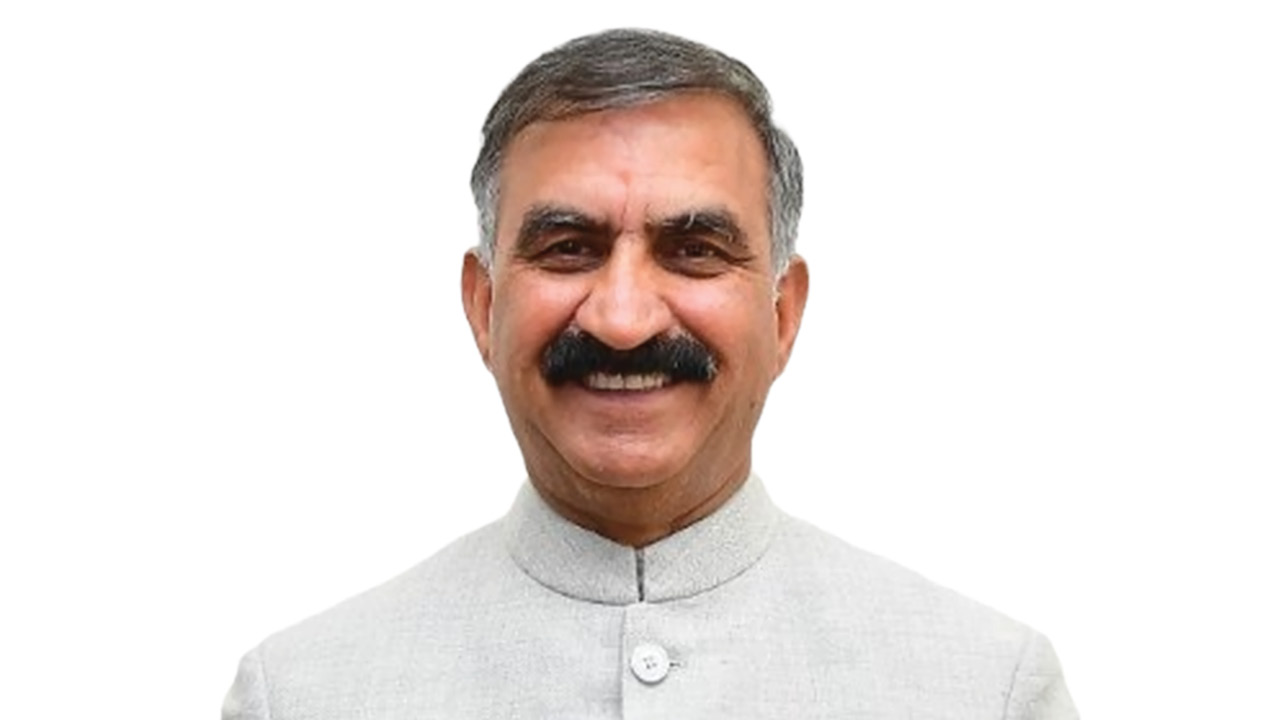Tamil Nadu has invested its energies well and has managed to retain its position among the top ten states in the SKOCH State of Governance Report 2024, ranking #8 nationally. It reflects the state’s commitment to impactful governance, comprehensive policy initiatives and consistent development strategies.
The state’s journey to the top ten was marked by a strategic focus on enhancing the quality of governance across multiple sectors. Tamil Nadu has received commendations for 16 projects with 7 impactful and highly impactful, highlighting the effectiveness of its developmental initiatives.
The state has successfully achieved a place among the top 10 states of India with only marginal difference from the next ranking state. This reflects Tamil Nadu’s active progression towards good governance. The state also demonstrated maximum improvement in Health, Transport and Municipal Governance categories, ranking #3 in Health and Transport and #4 in Municipal Governance.
One of the major highlights of Tamil Nadu’s governance success is its remarkable performance in the Handlooms & Textiles sector, where it has achieved the top national rank. Furthermore, Tamil Nadu has maintained its impressive position in Skill Development, ranking #2 nationally.
In addition to these achievements, Tamil Nadu has made a strong comeback in several categories, including Co-operation, where it ranks #2 nationally, General Administration with a #3 rank and Social Justice & Security where it stands at #5. These comebacks are attributed to targeted interventions, enhanced resource management and coordinated efforts among government departments.
In terms of focused development, the state has directed significant attention towards areas that are pivotal for sustainable growth and social inclusion. These include Transport, Social Justice & Security, Skill Development, Power & Energy, Municipal Governance, Handlooms & Textiles, General Administration and Co-operation. This strategic prioritisation has enabled the state to strengthen its socio-economic infrastructure and improve public service delivery.
State's Performance in Different Sectors in Three Years
| Sector | 2024 | 2023 | 2022 |
|---|---|---|---|
| Handlooms & Textiles | 1 | 1 | 2 |
| Cooperation | 2 | 2 | |
| Skill Development | 2 | 2 | 6 |
| General Administration | 3 | 8 | |
| Health | 3 | 7 | 3 |
| Transport | 3 | 7 | 5 |
| Municipal Governance | 4 | 5 | 1 |
| Power & Energy | 4 | 3 | 3 |
| Ease-of-Doing Business | 5 | 2 | |
| Social Justice & Social Security | 5 | 4 |
Honeywell Student Empowerment Programme
The Honeywell Student Empowerment Programme, launched on 1 April 2023, by the ICT Academy of Tamil Nadu, focuses on bridging skill gaps for underprivileged youth and women through advanced IT training. The initiative established 63 Centers of Excellence across nine states and trained 6,500 students in areas like cloud computing, AI and big data. With a 60% placement rate, the programme enhances employment prospects, digital inclusion and socio-economic growth. The state wants to expand training to more institutions, upgrade infrastructure and strengthen employer partnerships, making it a scalable model for skill development.
Namma Payani
The Namma Payani Project, launched on 26 February 2024, by the State Express Transport Corporation, Tamil Nadu, integrates digital and cashless ticketing for public transport. The project introduced POS machines across buses, enabling real-time ticketing and payments, with 15,000 seats sold daily. It includes e-ticketing, grievance redressal and live vehicle tracking for passenger convenience.
Key outcomes include a unified ticketing system, reduced cash handling issues and improved operational efficiency.
Subhamuhaurtham Silk Sarees Project
The “Subhamuhaurtham” Silk Sarees Project, managed by the Kanchipuram Arignar Anna Silk Handloom Weavers Cooperative Society, has been operational since 22 May 1971. It supports 1,500 external beneficiaries, ensuring consistent employment for silk weavers. The society achieves annual sales of₹60 crore and incorporates over 1,500 unique designs to meet customer demands. By providing government welfare schemes, production incentives and marketing support, the project strengthens the livelihood of weaver families while preserving traditional silk-weaving techniques.
SCADA System for Raw Water Intake Pump House
The SCADA System for Raw Water Intake Pump House, implemented by the Tiruppur City Municipal Corporation, enhances water distribution across 60 wards, benefiting 315,720 households.
The system ensures equitable supply, addresses issues in problematic zones and prevents overhead tank overflow through automated monitoring. It has reduced water leakages, improved supply periodicity and eliminated manual intervention. With real-time monitoring and efficient control, the project has significantly boosted water distribution efficiency and improved public confidence in equitable access to clean water.
Integrated Command and Control Center (ICCC)
The Integrated Command and Control Center (ICCC), launched on 28 June 2022, by the Tiruppur City Municipal Corporation, integrates smart governance systems. It ensures real-time monitoring of streetlights, waste management and municipal services. The system benefits 22,151 external stakeholders and 320 municipal employees.
Outcomes include a 15% reduction in traffic violations, improved waste collection efficiency and enhanced public safety. The project also established a digital grievance redressal platform, increasing transparency and citizen trust, while improving operational efficiency in urban management.
Real Zari and Pure Silk Sarees Project
The Real Zari and Pure Silk Sarees Project, initiated on 24 November 1955, by the Thirubuvanam Silk Handloom Weavers’ Cooperative Society, supports 1,285 internal and 485 external beneficiaries. The project has achieved annual sales of₹60 crore and opened 21 branches across Tamil Nadu. It focuses on providing employment to weavers and meeting customer demands through innovative designs. By participating in exhibitions and introducing schemes like Make Your Own Design, the project enhances weaver livelihoods and preserves traditional silk weaving.
TICEL Bio Park
The TICEL Bio Park, established as a joint venture between TIDCO and TIDEL Park, has been instrumental in developing Tamil Nadu’s biotech ecosystem. With three phases in Chennai and Coimbatore, it houses over 40 companies, including global players like BIOCON and Pfizer and offers affordable R&D infrastructure through its Biotechnology Core Instrumentation Facility (BTCIF). The initiative has supported startups, enabled cost-effective research and attracted international firms. The state wants to expand to tier-2 and tier-3 cities, develop Neo TICEL Parks and strengthen industry-academia collaboration, making it a scalable model for biotech innovation.
Figure 1: Sectors with Enhanced Focus - Tamil Nadu
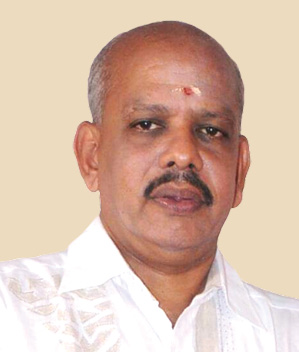
Thyagaraya Nagar Smart Metering Project
The T Nagar Smart Metering Project, implemented by Tamil Nadu Generation and Distribution Corporation Limited (TANGEDCO) under the Government of India’s Smart City Scheme, is a transformative initiative launched on 1 January 2021. This project aims to revolutionise energy management in Chennai through Advanced Metering Infrastructure (AMI). By automating meter reading, billing and energy data collection, it addresses inefficiencies in traditional systems, such as manual errors, revenue losses and delayed responses.
The initiative deployed 129,000 smart meters, resulting in 99.5% communication efficiency and 99% billing automation. Key benefits include real-time billing, streamlined disconnection/reconnection processes and enhanced customer empowerment via usage insights. The project also curbed power theft and optimised grid operations through data analytics.
TANGEDCO achieved remarkable outcomes, including a 30% reduction in billing complaints, a 5% increase in revenue collection and substantial cost savings. Plans include statewide scaling under the RDSS scheme and integrating advanced analytics and blockchain for enhanced energy management. The T Nagar Smart Metering Project exemplifies a scalable, data-driven approach to modernising India’s energy sector.
Deceased Donor Organ Transplantation
TRANSTAN (Transplant Authority of Tamil Nadu) has transformed organ donation in India with its Deceased Donor Organ Transplantation (DDOT) programme. Launched in 2008, the initiative addresses the increasing gap between organ demand and availability.
The programme’s focus on transparency and inclusivity led to innovative practices such as the Honour Walk for deceased donors and a state government order granting state honors at the donor’s residence. An automated web-based portal streamlined organ allocation, ensuring transparency and fairness.
In 2023-24, the programme achieved record outcomes: 258 deceased donations, resulting in the retrieval of over 1,300 organs and tissues. The initiative benefited patients across 75 hospitals in Tamil Nadu and recorded a 30% performance increase compared to the previous year. By combining compassion, efficiency and innovation, TRANSTAN’s DDOT programme has set a national benchmark.
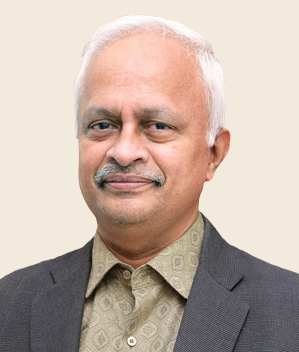
LSFM CO2 Emission Reduction Programme
Tamil Nadu Newsprint and Papers Limited (TNPL) has redefined sustainability with its Lime Sludge and Fly Ash Management (LSFM) CO2 Emission Reduction Programme. Launched in 2014, this initiative integrates waste-to-wealth principles and circular economy practices to transform industrial by-products into valuable resources.
The project’s dual focus on waste management and emission reduction led to the establishment of a cement plant utilising lime sludge, lime grits and fly ash from its paper mills. Over a decade, TNPL repurposed 74,117 MT of waste annually by FY 2023-24, reducing reliance on limestone and preserving natural resources. Complementing this, an onsite carbon capture plant, in collaboration with OMYA, converted 58,577 MT of CO2 into 167,362 MT of Precipitated Calcium Carbonate (PCC) for sustainable paper production.
This initiative delivered tangible results, including reduced waste and significant carbon savings.

